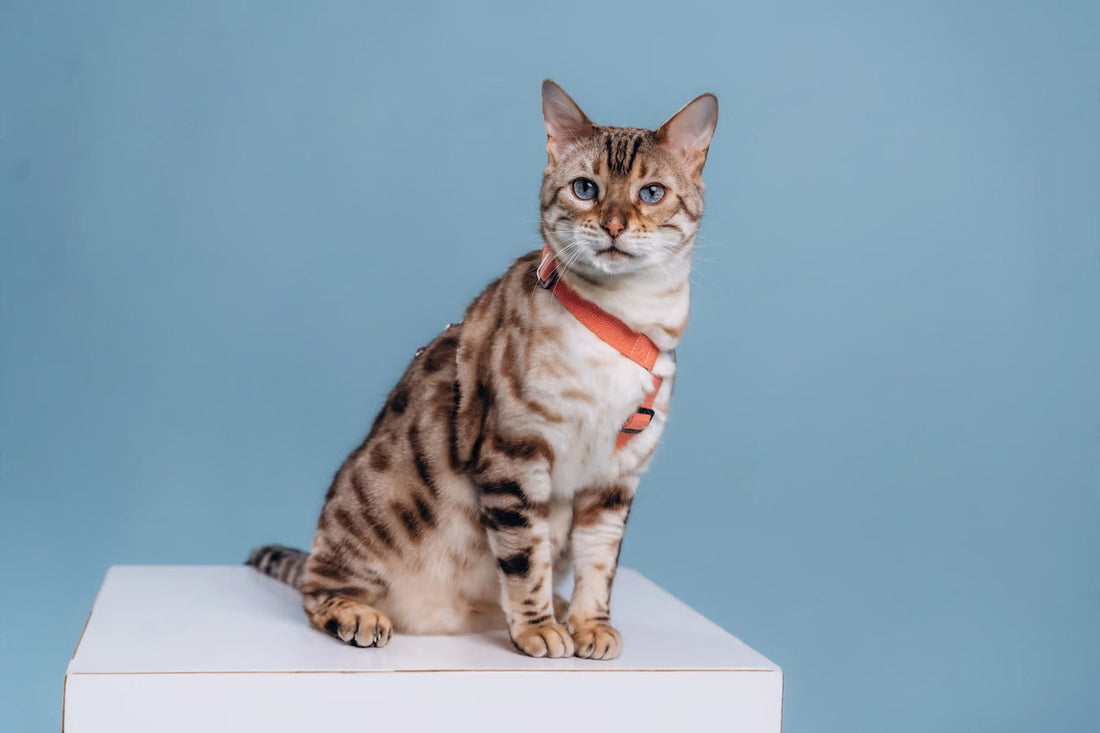Kidney disease or chronic renal failure (CRF) is a common problem in the older cats. Kidney failure is seen in cats which are as young as 4 years, but it is seen far more frequently in the older cats. Cats with chronic renal failure have a reduced ability to excrete the waste products into their urine that leads to a potentially toxic build-up in their bloodstream. Timely assessment from vet with ongoing dietary management and supportive care can allow some felines with kidney problems to maintain an adequate quality of life.
Cats can also be born with the abnormal kidneys that never function properly. Some breeds of cat, like Persians, are predisposed to such hereditary kidney problems. In addition to this, some outdoor cats run the risk of acute kidney problems because they have more chance of exposure to the toxins like antifreeze that can cause the chronic renal failure.
Causes of chronic renal failure
There can be various causes of chronic renal failure. Some important causes are listed below:
- High blood pressure
- Infection
- Immunological disease
- Congenital or hereditary disease
- Cancer
- Decreased blood flow to kidneys
- Kidney trauma
- Urinary obstructions such as kidney stones
- Exposure to toxins, especially antifreeze
Signs of chronic renal failure
If your cat shows any of the following symptoms, please take her to see your veterinarian.
- Appetite loss/decrease
- Weight loss
- Vomiting or diarrhea
- Lethargy or depression
- Dehydration
- Change in water consumption
- Pain in the kidney area
- Litter box aversion
- Mouth ulcers
- Bad breath
- Constipation
- Bloody or cloudy urine
- Urinating in abnormal places or pain when urinating
- Stumbling, acting drunk
Treatment of chronic renal failure
It may be difficult to exactly determine the specific cause of chronic renal failure. Sometimes, the acute kidney disease can be caught early, when there is minimal damage to the kidneys of cat. Long-term supportive treatments are beneficial in some cases of renal failure. The following are some possible treatments of chronic renal failure:
- Treatment of underlying cause of kidney failure (e.g. infection, antifreeze toxicity)
- Drugs to enhance urine production
- Therapeutic diet
- Management of electrolyte abnormalities
- Fluid therapy
- Correction of anemia
- Medication for vomiting, high blood pressure, or gastrointestinal problems
- Dialysis
- Kidney transplant
Diet management of chronic renal failure
Dietary management is quite essential in cats with chronic renal failure. There are three main aspects to dietary management:
1.Water intake
Cats suffering from chronic renal failure are more likely to become dehydrated due to the reduced ability of their kidneys to conserve water. Therefore, maintaining good fluid intake is quite important, and may help to slow progression of kidney problem. Whenever possible, felines with kidney problem should be fed canned foods rather than dry foods because they obtain much of their water intake from their food.
2.Low protein content
The best diet for a cat suffering from acute renal failure should have restricted protein content. In chronic renal failure, many of the toxic products that accumulate in the blood are a result of protein breakdown. Feeding a reduced protein diet will help to minimize the accumulation of protein and improve quality of life of your cat. But, the restriction of protein has to be performed with proper care, as too little protein can be extremely detrimental to general health of your cat.
3.Low phosphate content
Low phosphate content in diet of cat appears very beneficial in protecting the kidneys from further damage. Restricting the phosphate content appears to prolong the life of the cats with CKD. Some studies also suggest that this effect may be quite dramatic in cats. If the concentration of blood phosphate remains high despite being on a low phosphate diet, then some further treatment with drugs known as ‘phosphate binders’ are used to reduce the amount of phosphate.
Some tips for Diet management:
- Always make a gradual change in diet gradual. It can be at least per several days and sometimes over a few weeks if your feline friend is quite fussy
- You can start by mixing a very small amount of the new food with the old food of your cat, and make sure it is well mixed
- You should increase the amount of new food slowly, once your furry friend is happy to eat the old mixture.
- Warming the cat food to the body temperature (around 30C) may help increase the palatability of food
- If necessary, you can talk your vet about using drugs to enhance the appetite in order to make the transition easier

